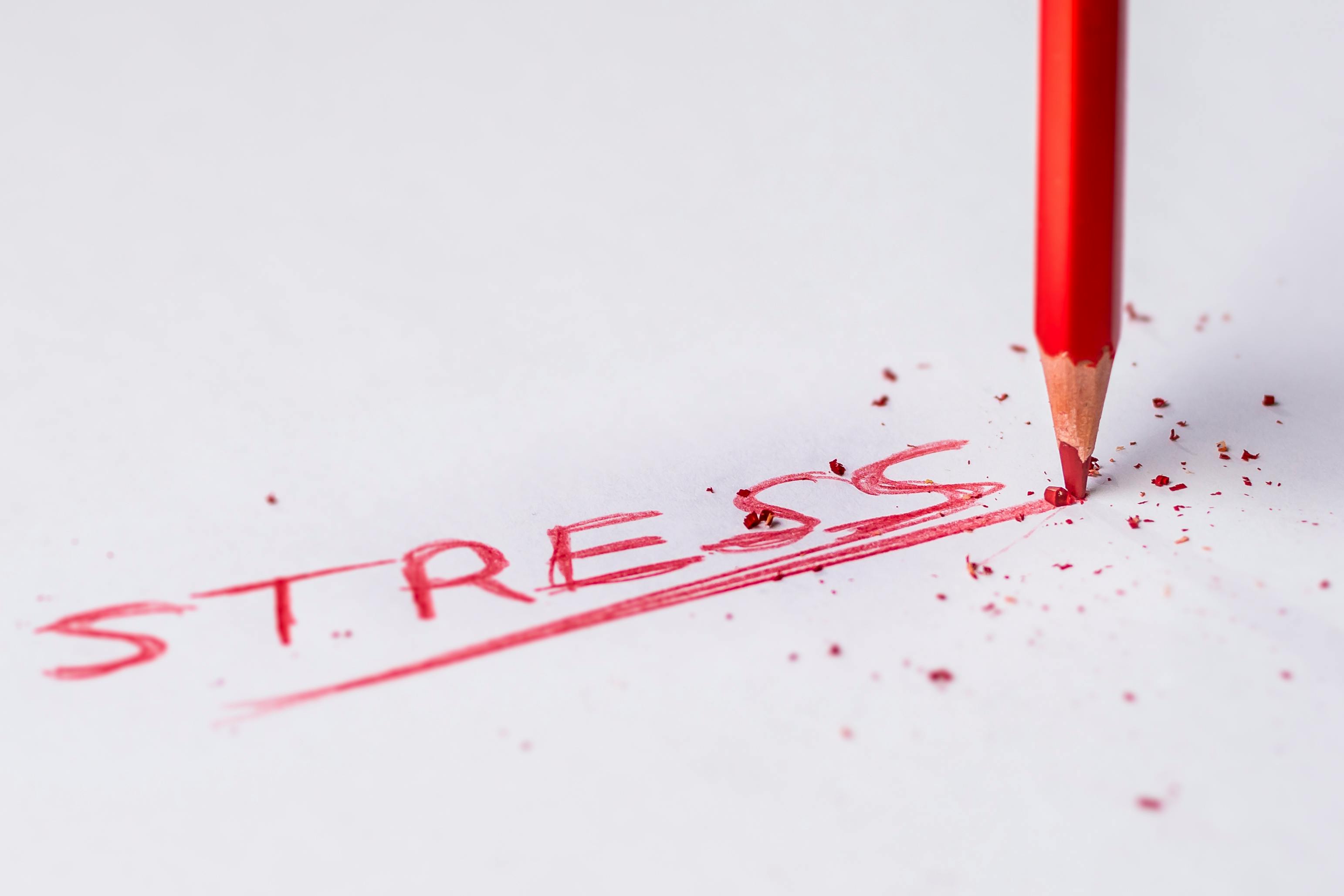
Psychiatrists Recommend ‘Micro-Meditations’ to Help Americans Manage Surging Stress Levels
As stress levels reach new highs across the United States in 2025, mental health experts are encouraging the use of simple, accessible techniques known as “micro-meditations” to help individuals regain calm and reduce anxiety. Three-quarters of U.S. workers surveyed in early 2025 by workplace mental health platform Modern Health reported feeling low due to politics and current events.
The rise in stress coincides with major disruptions such as federal layoffs and extreme weather, as well as economic uncertainty following new global tariffs announced in April by President Donald Trump.

Underline handwritten text on white printer paper | Source: Pexels
“I’m actually hearing from a lot of my own patients that they can’t remember the last time that they were this stressed and unable to see an end in sight,” said Dr. Neha Chaudhary, a double board-certified psychiatrist.
Dr. Esther Sternberg, physician and author of 'Well at Work', shared five micro-meditation practices with CNBC Make It in November, highlighting their accessibility and effectiveness. “You can practice them just about anywhere and at any time,” she said.
Among Sternberg’s recommendations: Deep-breathing: Controlled, diaphragm-based breathing can immediately reduce stress.
Spending time in nature: Focusing on sights and sounds during a walk in a green space can calm the mind.
Drinking tea mindfully: Emulating aspects of a tea ceremony can help ground attention in the present.

Woman sitting in front of Macbook | Source: Pexels
Practicing gratitude: Writing or reflecting on things you’re thankful for has been shown to improve positivity.
Focusing on your surroundings: The 5-4-3-2-1 technique—identifying sensory details—can reduce anxiety.
“Start small, do what feels attainable, and make a habit out of it,” Chaudhary advised. “You can get very big mental health gains from very small, repeatable habits.”
The information in this article is not intended or implied to be a substitute for professional medical advice, diagnosis or treatment. All content, including text, and images contained on contraSpero.com, or available through contraSpero.com is for general information purposes only. contraSpero.com does not take responsibility for any action taken as a result of reading this article. Before undertaking any course of treatment please consult with your healthcare provider.